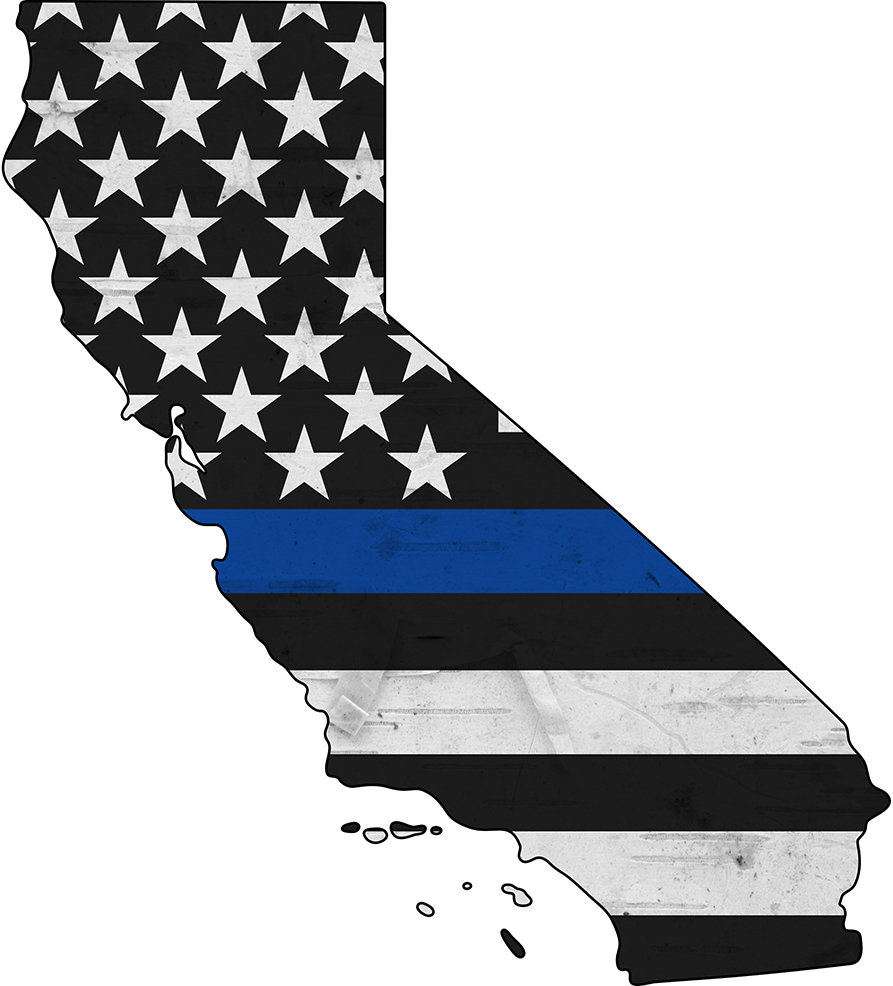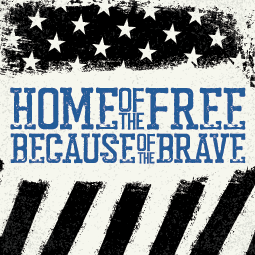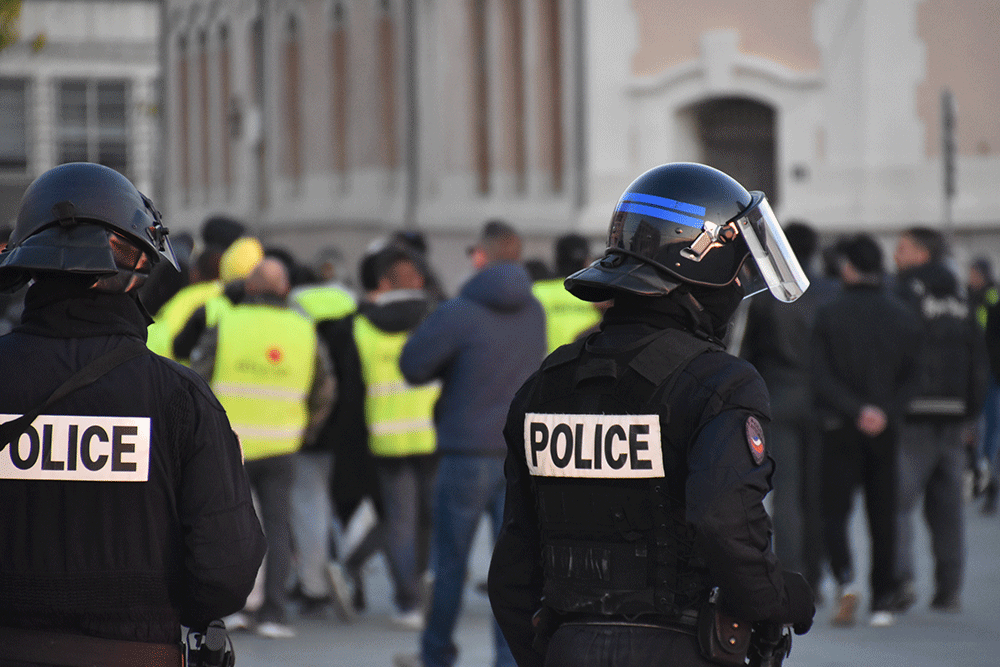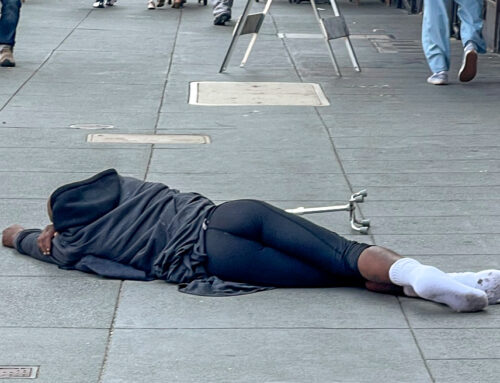It’s been 40 years since my dispatching days at Long Beach Police. Have things changed?
I remember working the day shift and wondering why whenever a certain officer radioed that he was going to investigate a suspicious subject on his own initiative, a unit or two would immediately go to his assistance. He didn’t ask for back-up, but units who were supposedly busy magically cleared and showed up at his side.

Unit 7 — or was it Unit 21? some details fade — was rarely alone with someone he stopped. Other units investigated people and wrote tickets without other cops joining them. And, the officer wasn’t small, old, or otherwise weak. But, he always had another unit volunteer to be with him.
When I asked why Unit 7 always got a back up, I didn’t get an answer. Finally, when I was no longer the distrusted rookie, I was taken aside and given an explanation. Other officers knew that Unit 7 was a “black glove specialist” who would beat the African Americans he stopped. These other officers would check out with him to make sure that he didn’t go too far.
At the time I didn’t believe the explanation. I was an idealistic 21 year old from a liberal family. It didn’t make sense to me that this guy’s fellow officers, sergeants, and commanders would let him get away with chronic excessive force and devise work-arounds to keep him somewhat in check instead of telling him to stop or disciplining him. I wasn’t sure what the real answer on his backups was, but before I got too insistent on the truth I was transferred to the swing shift when the only time I heard him was when he was turning off the radio at the end of his watch.
The night we dispatched a lieutenant and some select units to his house to negotiate his safe armed, drunken exit from his home after a violent domestic dispute rekindled my unease at the special handling the department gave him.
By then, I had a couple years experience dispatching and I understood that police officers felt compelled to stand beside other officers, no matter what the other officer was doing. The social code was that it was cops against the world.
Only the cops, sticking together, were going to keep civilization safe. Even if you beat “suspicious” black people or beat your wife, you were one of the Saviors.
That meant you never ticketed another cop, reported something they did wrong, or saw anything different from what the official report said. If you broke the code, the bad guys would win and civilization would fall. Better to look the other way occasionally than to risk societal collapse.
The officers I knew in Long Beach ran the gamut in intelligence and sensitivity, and I was surprised by the diversity of political and social opinion. Most were honest, fun loving, dedicated, and hard working.

But, all of them treated the Thin Blue Line as inviolate. Even us civilian dispatchers were a lower class of animal (although they wouldn’t give us a traffic ticket… probably because they knew if they crossed dispatch they’d be assigned nothing but junk calls for the rest of their lives).
One of my friends recently went on a tear, asking how so many aggressive racist people could be working in police departments nationwide. Didn’t they give pre-hiring psychological tests to weed out the racists?
Yes, of course we do.
But, one of the systemic problems we have not addressed is the mission and training we give the police.
We let police departments hire only non-crazy, non-racist recruits. But then we send these young, eager people to the Police Academy where we train them for months on battlefield survival techniques. We build up their pride in being officers, in being together, in upholding The Law. Basically, we indoctrinate them in the importance of the Thin Blue Line.
We make police officers raring-to-go protectors of society. Then we give them social service assignments like dealing with confused crazy people, moving messy homeless encamped on upper-class streets, and herding somewhat rowdy protesters.
We teach the officers that they are standing up for civilization against evil. But, most of their job is dealing with human weakness.

Of course, they cannot rely that their next call will be best handled by deescalation and understanding. There are real bad guys out there. Robbers, murderers, rapists,… cop killers. Being Officer Friendly has its limits outside of the elementary school classroom.
Right now I believe the United States is getting the police officers and departments we are asking for. What we are telling the chiefs and trainers we want.
Punishing “a bad apple” caught on video isn’t going to fix the problem. Yes, some officers are guilty of crimes and should be charged. But jailing individuals is not enough.
We need to work together to determine exactly what we want from our police departments. Do we want them to be Public Safety departments? Do we want to charge other, maybe new city agencies, with the responsibility for many non-criminal problems? What do we want the officers to do?
Let’s honor the officers who we have trained to hold The Thin Blue Line. But, for our souls’ sake, let’s find a different model for the police in 2020 and train our officers to that new standard.


Thanks for this article, Galen. We can use a LOT more real life experiences from the front lines to shine a light on these issues.